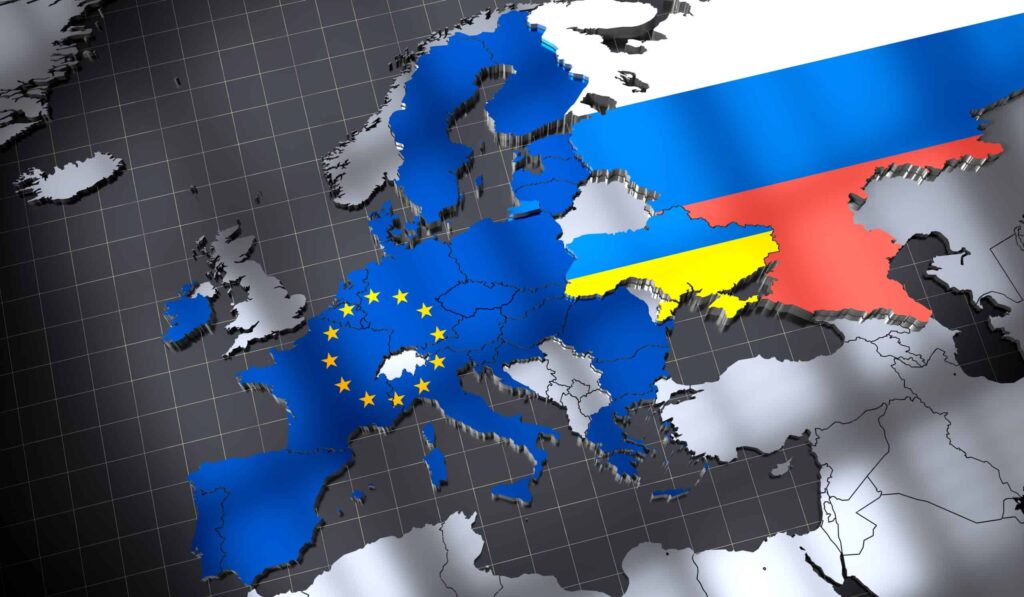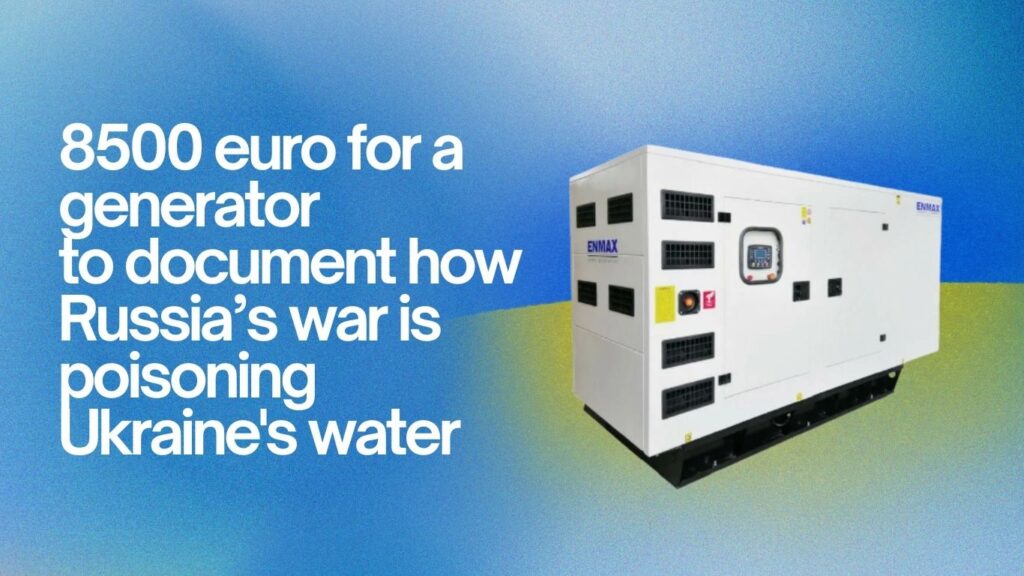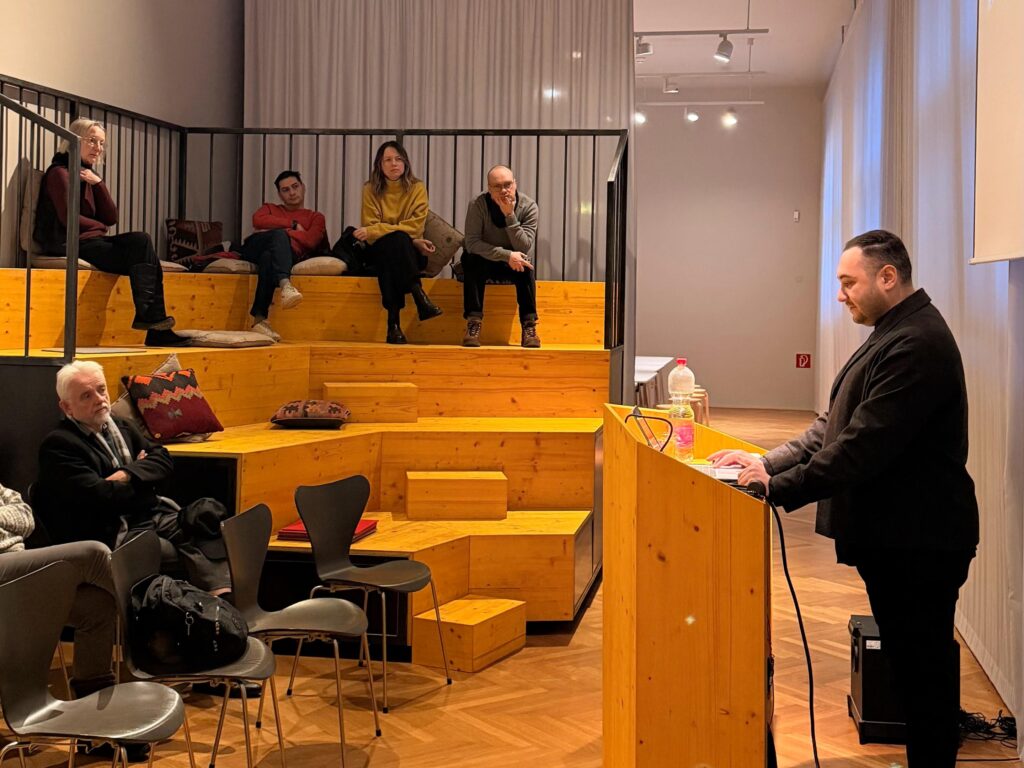Position letter on the third anniversary of the Russian invasion of Ukraine in 2025
While debates in Germany during the election season revolve around migration, deportations, and socio-economic crises, Europe’s security order remains as fragile as ever. The radical disengagement of the U.S. administration from the transatlantic partnership intensifies the urgency for action.
Russia’s full-scale invasion of Ukraine, now entering its fourth year, continues to be a direct assault on the principles of territorial integrity and self-determination in Europe and worldwide.
Our security and stability in Europe rest on the inviolability of internationally recognized borders. Defending the principle of national and societal self-determination is not only an existential matter for Ukraine—it is in the fundamental interest of all those committed to the rule of law in Germany and across Europe.
Ukraine is not only fighting for its own freedom; it is fighting for a world in which the law and the protection of individuals outweigh the brute force of the powerful.
Germany’s role in this conflict is significant. As a key actor within the European Union, we bear a special responsibility. It remains imperative to ensure that Ukraine is not defenseless against the Russian aggressor—whether on the battlefield or at the negotiating table.
The history of Eastern Europe during the Cold War, as well as the present realities in Russia, Belarus, and Russian-occupied territories in Ukraine and beyond, make it abundantly clear: a life under Pax Russica means political repression, societal suppression, mass atrocities, and economic decline.
With Donald Trump’s return to the White House, a Russia advancing further into Ukraine—at least indirectly supported by an expansionist Chinese dictatorship—the rise of populist parties in Europe, and the mounting pressure of the climate crisis, 2025 begins with immense challenges that we, as civil society, must confront head-on.
Now is the time to shape the present and future we want to live in, in Germany and in Europe. We must not allow authoritarian forces to threaten our values and freedoms—let us defend them, loudly and actively!
Germany must decisively expand its military, humanitarian, and economic support for Ukraine—because Europe, including its largest economies, must take greater responsibility for its own security and the security of our continent. This is about democratic leadership: we call for Germany to continue and strengthen its support for Ukraine, even in times of tight budgets and challenging coalition negotiations after the federal elections. Short-term political calculations must not overshadow our long-term responsibility for peace and stability in Europe—and for Germany itself.
Supporting Ukraine is a decision about what kind of Germany and what kind of Europe we will live in during the second half of the 2020s. How do we respond to the uncertainty caused by the decline of the U.S. security guarantee, especially in the shadow of Moscow’s neo-imperialism? How do we actively shape our role in ensuring a self-determined, free, and sovereign Europe?
Our answer to these questions is being determined here and now—by our commitment to Ukraine. Let us ensure that Ukraine withstands Russia’s aggression. Let us ensure that Europe’s future is not dictated by autocrats but built on democracy and freedom.
📢 Join us on February 24 at 7 PM at the Brandenburg Gate for Vitsche’s demonstration! Right after Germany’s national elections, let’s send a strong, united message for democracy and freedom.Your presence matters—the more we are, the louder our voice! ✊💙💛




